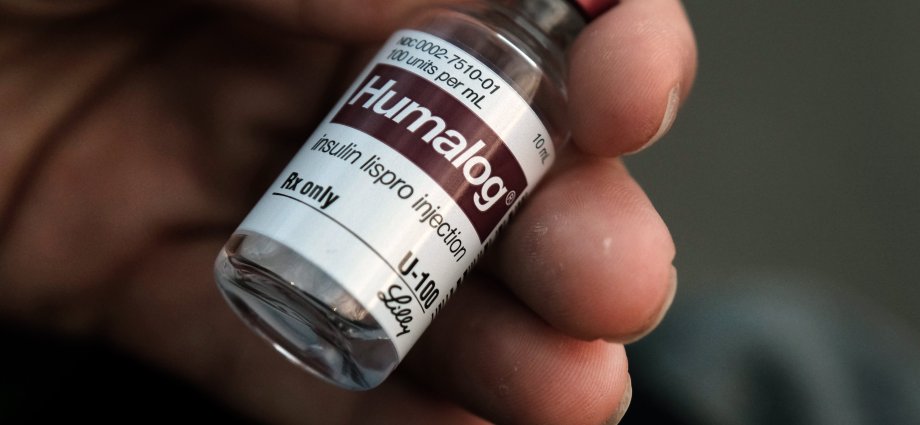
A woman who had type 1 diabetes since she was a teenager, displays her insulin for injection, on March 02, 2023 in New York City.
Spencer Platt | Getty Images
President Joe Biden’s federal budget proposal would cap insulin prices at $35 per month for people with private insurance plans.
The Inflation Reduction Act capped monthly insulin costs at that price for seniors in January, but left out everyone who wasn’t on Medicare. Biden called on Congress in his State of the Union speech to finish the job and cap insulin at $35 a month for everybody.
The price cap in the budget wouldn’t cover people who are uninsured. Health Secretary Xavier Becerra told reporters Thursday that the president believes nobody in the U.S. should pay more than $35 a month for insulin.
Becerra said one of the fastest ways to reduce insulin costs for the uninsured would be for the 10 remaining states that haven’t expanded Medicaid to do so. Medicaid is the public health insurance program for lower-income individuals.
Drugmaker Eli Lilly got ahead of a potential federal mandate, announcing earlier this month that it would cap insulin at $35 per month for people with private insurance at certain retail pharmacies. But CEO David Ricks, in a statement, said 7 out of 10 Americans do not use Lilly’s insulin. He called on federal policymakers and employers to help make the costs of the injections more affordable.
Read more on Biden’s fiscal year 2024 budget plan:
Biden praised Lilly’s decision and called on other manufacturers to follow suit. He also reiterated his call for Congress to lower insulin prices for everyone else.
About 40% of people with diabetes have private insurance while 5% are not insured, according to the American Diabetes Association.
Some Republicans in Congress oppose the move to cap insulin prices. Rep. Cathy Rodgers, who chairs the House Energy and Commerce Committee, called the Biden administration’s efforts to lower insulin prices as “socialist” and a “federal mandate” that is bad for market competition.
Join CNBC’s Healthy Returns on March 29, where we’ll convene a virtual gathering of CEOs, scientists, investors and innovators in the health-care space to reflect on the progress made today to reinvent the future of medicine. Plus, we’ll have an exclusive rundown of the best investment opportunities in biopharma, health tech and managed care. Learn more and register today: http://bit.ly/3DUNbRo











